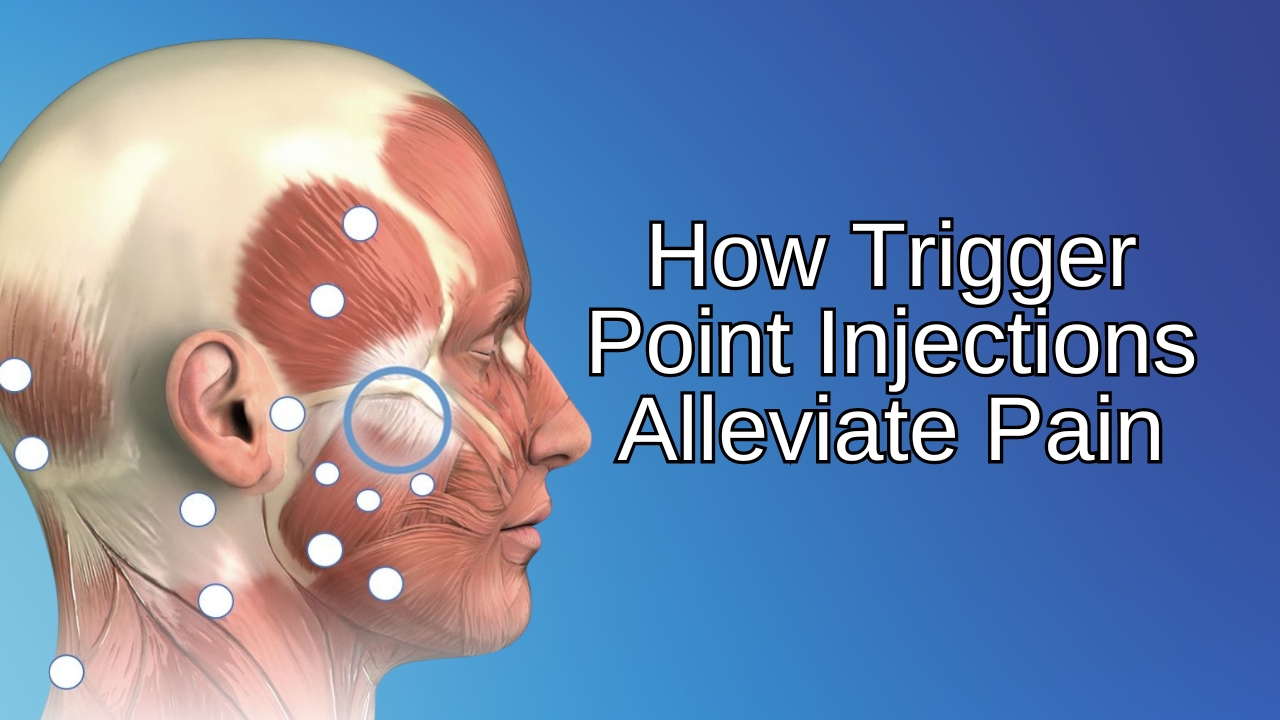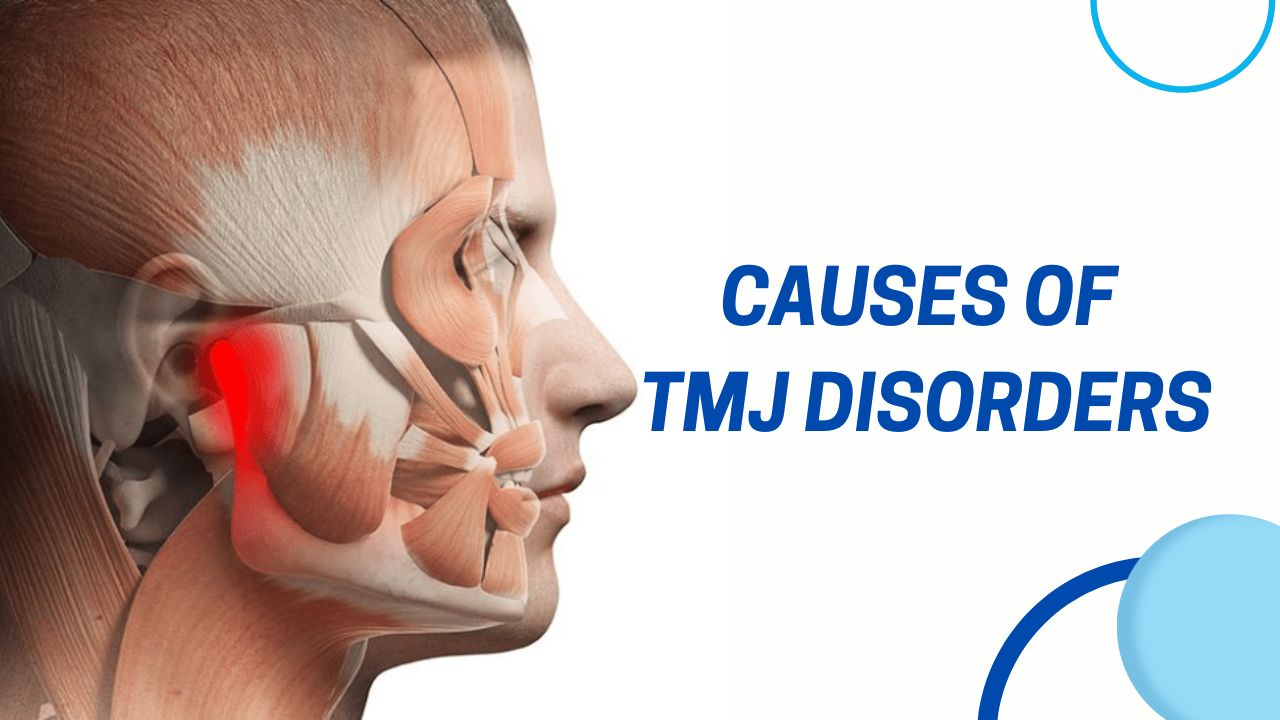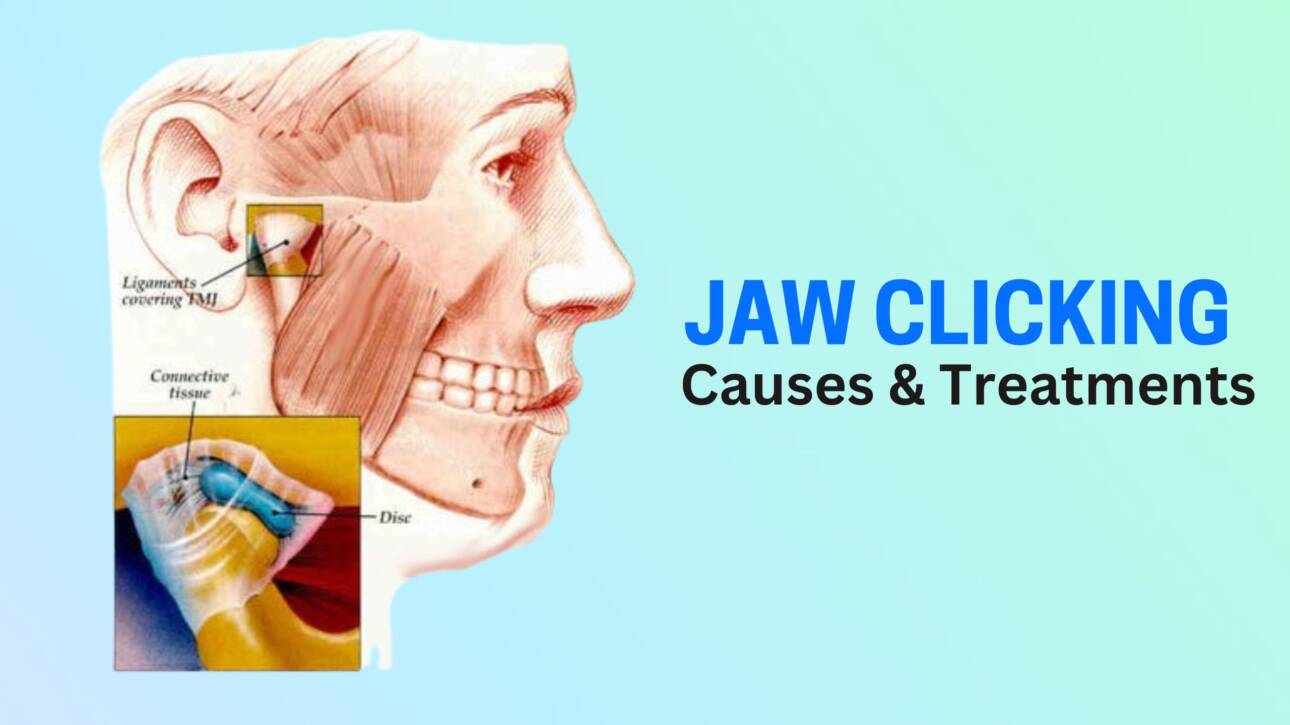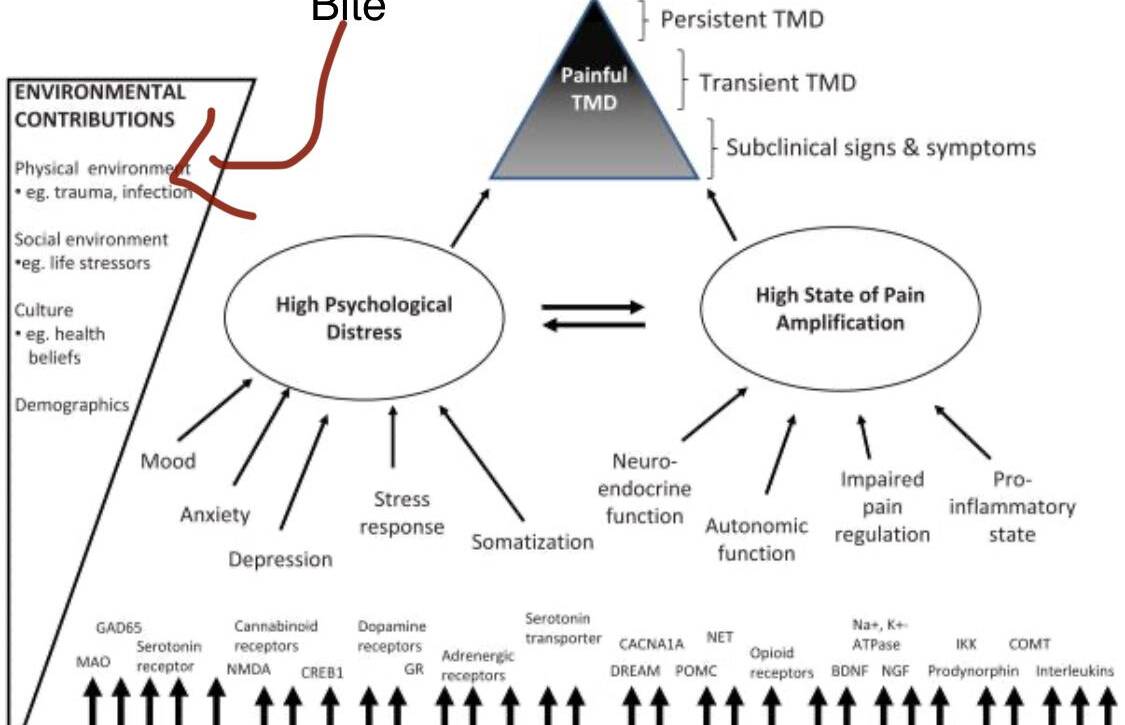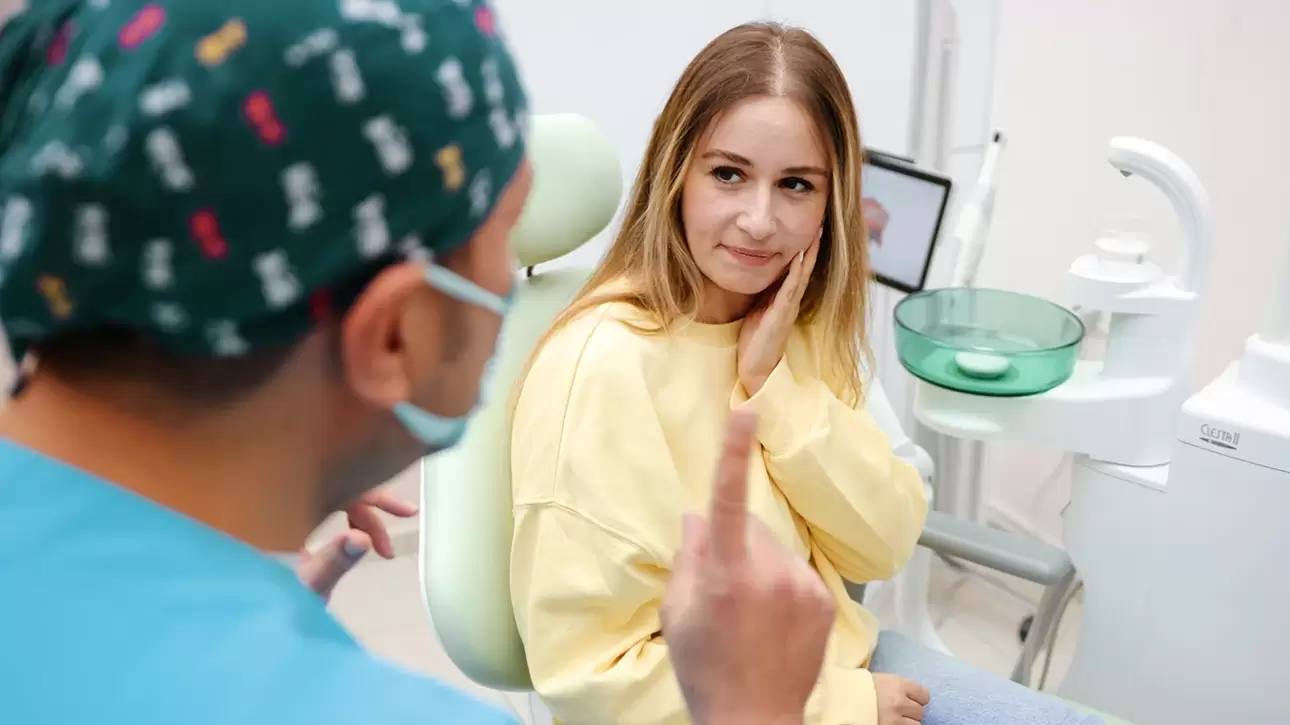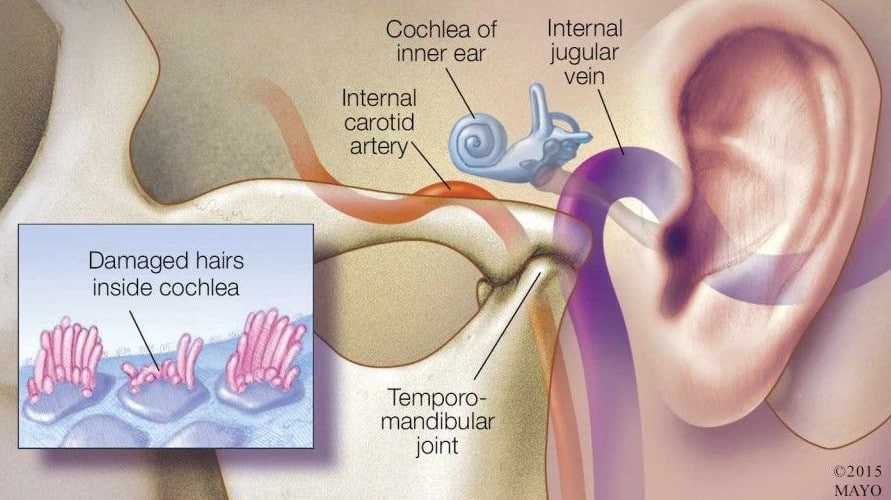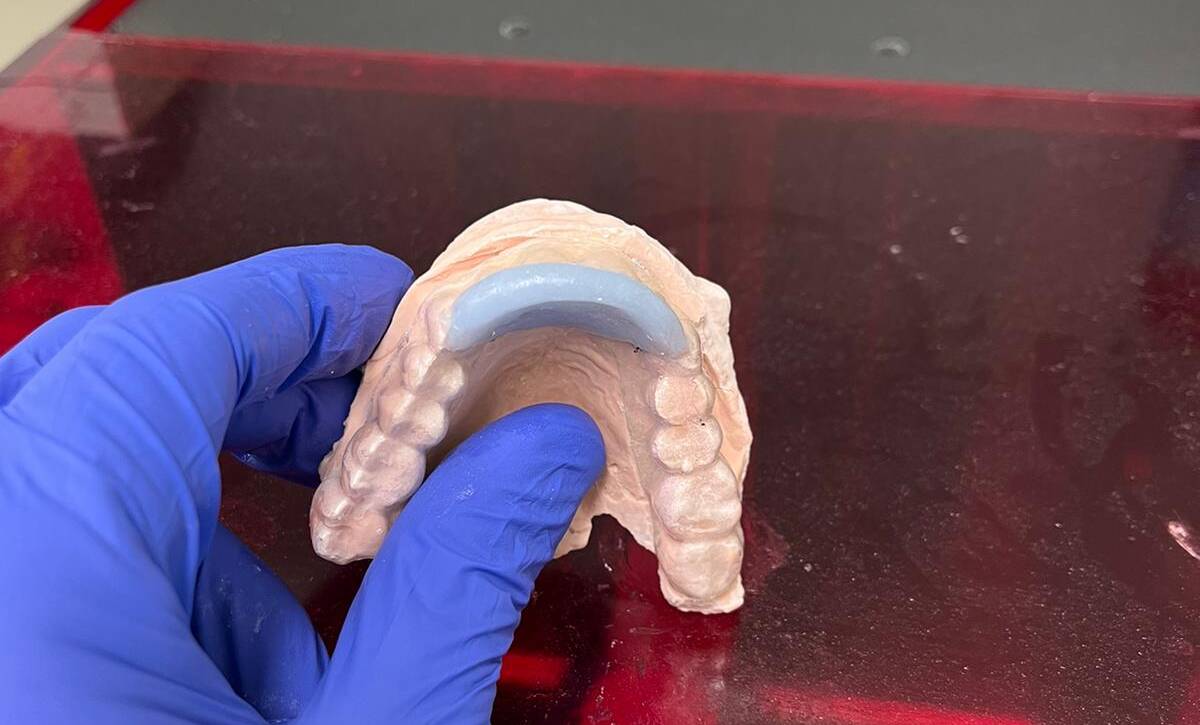Understanding TMJ Pain and TMJ Locking
TMJ pain treatment is crucial for individuals suffering from jaw discomfort, pain, and locking. There are various effective treatment options available, ranging from home remedies to advanced medical procedures. Whether you're looking for immediate relief or long-term solutions, understanding the best TMJ pain treatments can help you manage and…


